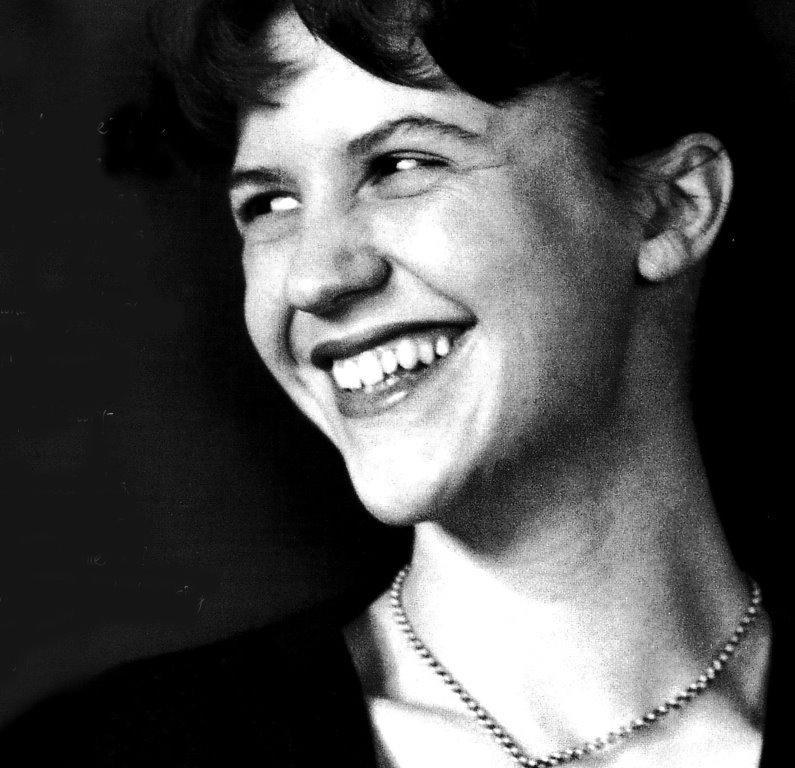Sylvia Plath
Most of us know Sylvia Plath (October 27, 1932 --February 11, 1963), as the American poet who tragically ended her life at the age of 31.
Her best-known works, such as the poems “Daddy” and “Lady Lazarus” and the novel The Bell Jar, starkly express a sense of alienation and self-destruction closely tied to her personal experiences and, by extension, the situation of women in mid-20th-century America.
This morning we set aside the fact of her death and celebrate the birth date of Sylvia Plath and the wonder of her poetry and prose that defined a generation.
Here is one of her poems for your consideration:
The Moon And The Yew Tree
This is the light of the mind, cold and planetary.
The trees of the mind are black. The light is blue.
the grasses unload their griefs at my feet as if I were God,
Prickling my ankles and murmuring of their humility.
Fumy spiritious mists inhabit this place
Separated from my house by a row of headstones.
I simply cannot see where there is to get to.
The moon is no door. It is a face in its own right,
White as a knuckle and terribly upset.
It drags the sea after it like a dark crime; it is quiet
With the O-gape of complete despair. I live here.
Twice on Sunday, the bells startle the sky -
Eight great tongues affirming the Resurrection.
At the end, they soberly bong out their names.
The yew tree points up. It has a Gothic shape.
The eyes lift after it and find the moon.
The moon is my mother. She is not sweet like Mary.
Her blue garments unloose small bats and owls.
How I would like to believe in tenderness -
The face of the effigy, gentled by candles,
Bending, on me in particular, its mild eyes.
I have fallen a long way. Clouds are flowering
Blue and mystical over the face of the stars.
Inside the church, the saints will be all blue,
Floating on their delicate feet over cold pews,
Their hands and faces stiff with holiness.
The moon sees nothing of this. She is bald and wild.
And the message of the yew tree is blackness - blackness and silence.
--Sylvia Plath

